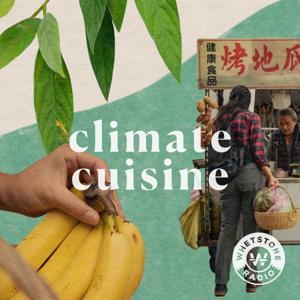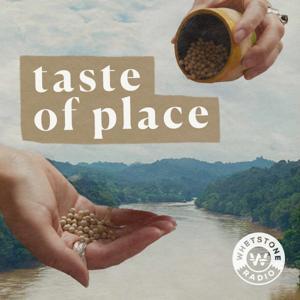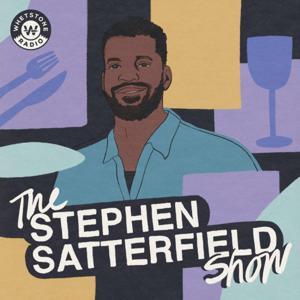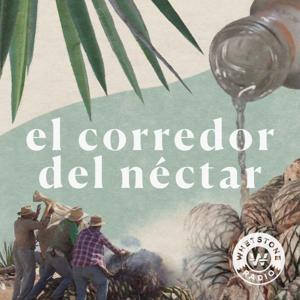
Sign up to save your podcasts
Or



By Whetstone Radio Collective





5
3838 ratings



The podcast currently has 17 episodes available.










The podcast currently has 17 episodes available.

38,517 Listeners

193 Listeners

47 Listeners

52 Listeners

79 Listeners

21 Listeners

19 Listeners

22 Listeners

11 Listeners

31 Listeners

196 Listeners

13 Listeners